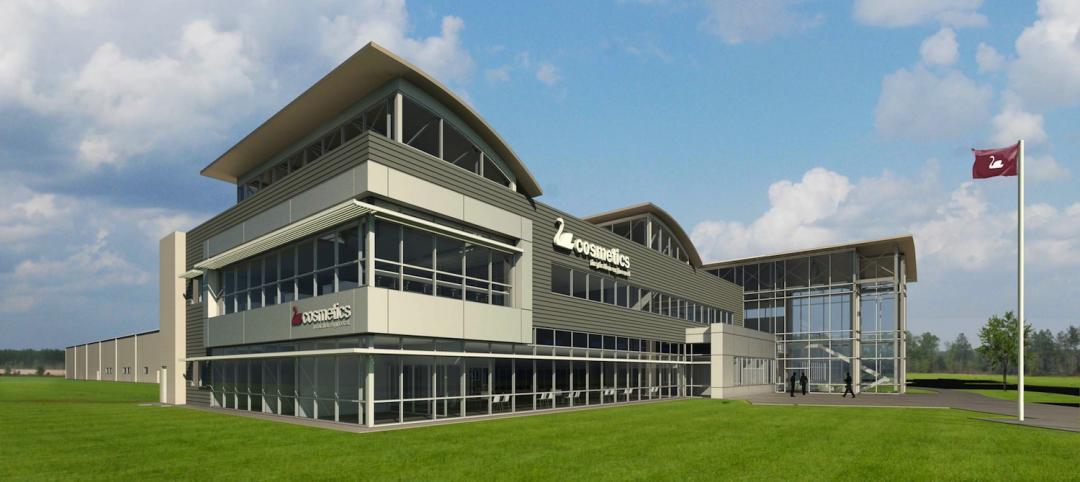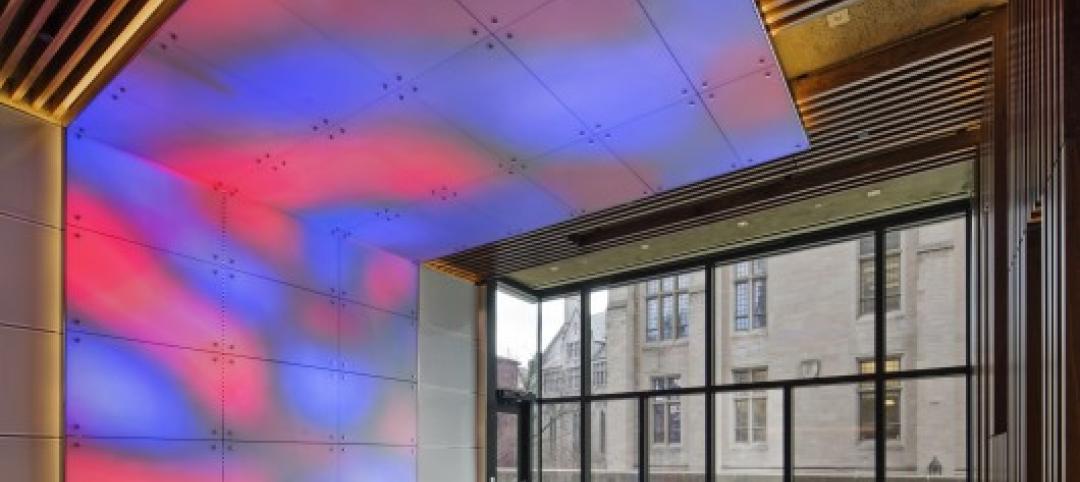The construction sector in the nine states with 50% of construction employment was up 169,000 jobs from February to September 2012, following a lost of 137,000 jobs from September 2011 to January 2012.
That’s one of the key findings of “Construction Economics: Market Conditions in Construction” (November 2012), by Gilbane Building Co., Providence, R.I. The construction management giant found several others reasons to report that construction growth was looking up:
- Construction spending for nonresidential buildings should be up 4.9% in 2012 over 2011, to $297 billion. Residential should be up 12% YOY, putting total building construction ahead 8% for the year.
- Construction starts are increasing at a slow but upward rate, while backlog duration is also increasing. As a result, contractors are feeling somewhat more comfortable passing along material cost increases.
- Overall construction spending for 2013 should be up another 4.9%, with residential building dollars up 11%.
- Top sectors: healthcare and education, accounting for 40% of nonresidential building spending.
The Gilbane report drops the other shoe with several negative findings. For one, publicly funded work will likely be down in 2013 due to the paucity of bond issues passed in the November election period: about $30 billion, compared to more than $60 billion in 2008.
Moreover, spending on public construction has declined 5% YOY and was expected to finish 2012 12% below the 2009 peak. The Gilbane report forecasts a further drop in public construction in 2013, for the fourth consecutive year.
And while there has been some recent hiring, the construction workforce has lost 2.25 million, or 29%, in recent years. “It will be many years before the entire workforce grows back to its previous level,” the Gilbane report says.
More info: info.gilbaneco.com/Portals/160261/docs/economicreportwinter2012.pdf. +
Related Stories
| Jun 10, 2014
Site optimization: Paving the way for smoother land development projects
The biggest cost differential when dealing in site development from one site to another is the earthwork. So, when selecting a site, it is critical to not only take into account the initial purchase price of the property, but also what sort of investment it will take to prep the site for development.
| Jun 10, 2014
Gaudi’s famed cathedral on ice: Dutch students to construct 132-foot ice replica of Sagrada Familia
"Sagrada Familia in Ice" will be built with a mixture of wooden fibers and plain ice that is three times stronger than ice.
| Jun 10, 2014
Built-in balcony: New skylight windows can fold out to create a patio
Roof window manufacturer Fakro offers a skylight window system that quickly converts into an open-air balcony.
| Jun 10, 2014
New York's first-ever public housing for visually-impaired begins upgrade
Selis Manor is the first government-funded residence for the vision-impaired and disabled in New York City. MAP’s design eases crowding, increases security, and separates residents and visitors.
| Jun 9, 2014
6 design strategies for integrating living and learning on campus
Higher education is rapidly evolving. As we use planning and design to help our clients navigate major shifts in culture, technology, and funding, it is essential to focus on strategies that help foster an education that is relevant after graduation. One way to promote relevance is to strengthen the bond between academic disciplines and the campus residential life experience.
| Jun 9, 2014
Green Building Initiative launches Green Globes for Sustainable Interiors program
The new program focuses exclusively on the sustainable design and construction of interior spaces in nonresidential buildings and can be pursued by both building owners and individual lessees of commercial spaces.
| Jun 9, 2014
10 projects named 2014 AIA Small Project Award winners
Yale's funky new Ground café and a pavilion made from 53,780 recycled plastic bottles are among the nation's best new small projects.
| Jun 9, 2014
Eli Broad museum files $19.8 million lawsuit over delays
The museum, meant to hold Eli and Edythe Borad's collection of contemporary art, is suing the German company Seele for what the museum describes as delays in the creation of building blocks for its façade.
| Jun 8, 2014
What’s the word of the day? It’s all about ‘resiliency’
Just for the sake of argument, let’s put aside the rhetoric about climate change—whether it’s actually happening, whether it’s a result of manmade activity—and agree that we are experiencing some pretty dramatic weather events that are having huge impacts on populations here in the U.S. and worldwide.
Smart Buildings | Jun 8, 2014
Big Data: How one city took control of its facility assets with data
Over the past few years, Buffalo has developed a cutting-edge facility management program to ensure it's utilizing its facilities and operations as efficiently, effectively, and sustainably as possible.
















